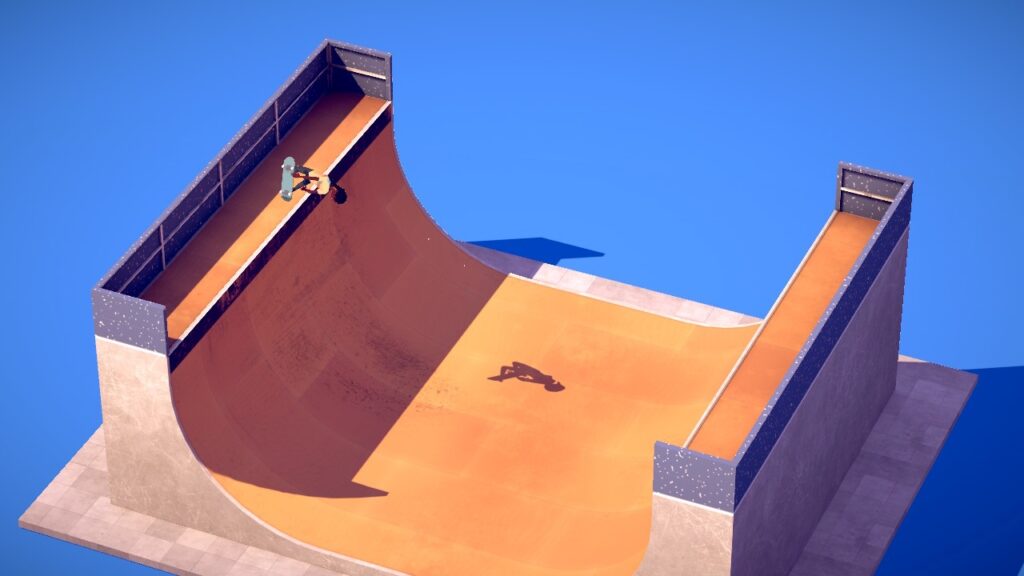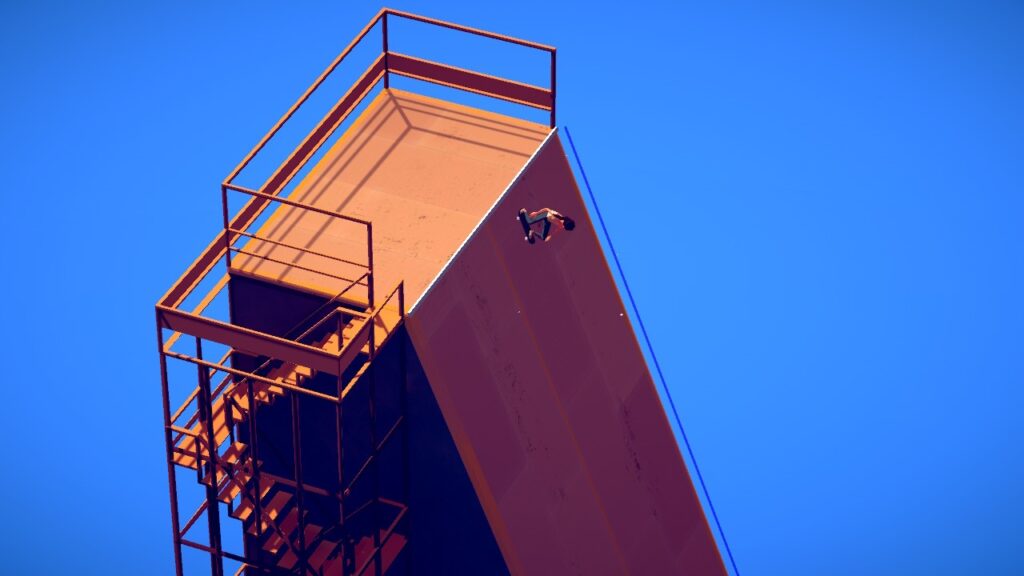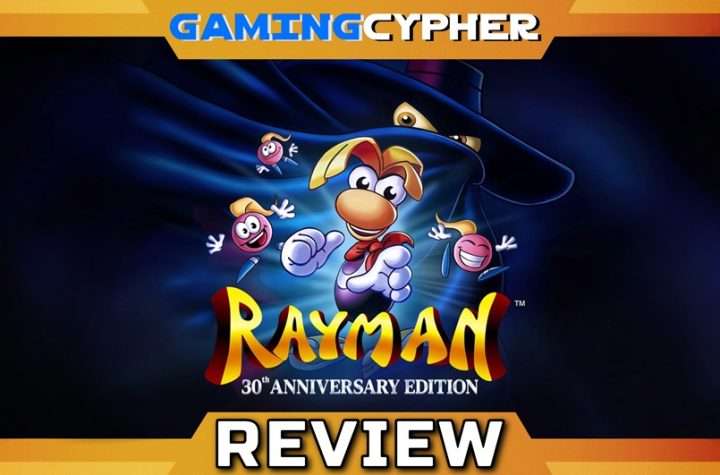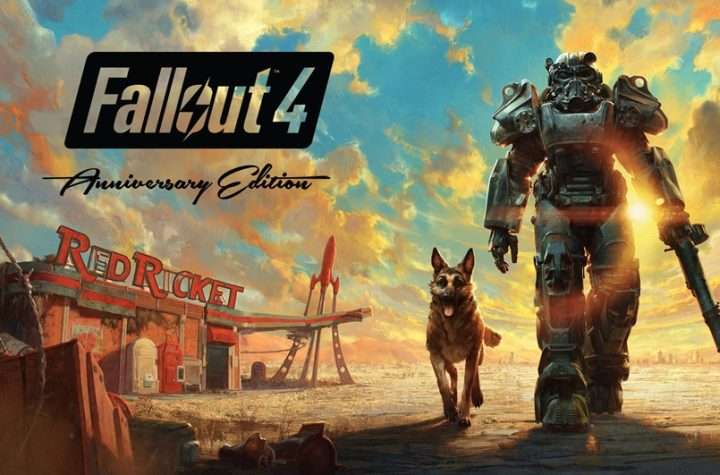Developed by Paul Schnepf and published by Coatsink, The Ramp is advertised as a “digital toy” for people who love skateboarding. However, I am not one of those people. I am merely a lover of video games. So when I read the description and saw that this game had no unlockables, scores, missions, or anything else typically associated with a video game, I was curious about how The Ramp could win me over. So, when I gave the game a shot, I was initially disappointed in how little there was. After 15 minutes of playing, I was ready to put the game down entirely and write my review then and there.
But then I came back to it the next day.
And the day after that.
And the day after that.
And so on and so forth until I finally had to admit that I was addicted to this game. Heck, after I finish writing and revising this review, I’ll probably play it again. Going in, I thought that the lack of any real objective would be a mark against this game’s favor, yet that mindset fundamentally misunderstands The Ramp. You see, there is an “objective” in The Ramp (though not in the typical sense), and that is to simply enjoy the purity of skating.

And this game makes that objective incredibly easy to attain. The gameplay is easy to pick up as you alternate between holding down and releasing the “a” button to build up speed on the various ramps. Once in the air, the player can perform tricks by using the right analog stick to strike a pose and moving the left analog stick to spin in the air. In the more open arenas, the player can freely move around and, by holding down the “r” button at the apex of a ramp, can grind across the top of the ramp.
While this gameplay loop is simple, the physics engine and sound design are what gives The Ramp its addictive feel. While the player character feels heavy, it never feels sluggish. Rather, it makes the act of increasing speed feel more realistic and more fun. Through skillful play, momentum can be built up rather quickly and the juggling act between zooming around the arena, performing tricks, and not crashing becomes both increasingly difficult and personally rewarding. This satisfaction is enhanced by the sounds of the board. The low rumbling of wheels against the pavement is an auditory delight, and I constantly find myself grinding my skateboard against the tops of ramps solely to hear the sound it makes.
While the gameplay is fantastic, the rest of the game is nothing to write home about. It isn’t bad, mind you. It just isn’t special. The graphics are in that minimalist polygonal style that, while they are perfectly functional and do look nice, they don’t leave any impact. The score is just as minimalist as the rest of the game. There is one rather generic lofi song that loops repeatedly, and I can see this song annoying many people (it annoyed me). Of course, the option to turn off the music is available; however, the fact that the repetitive score can hinder the vibe the game is striving for should be mentioned.

This leads me to an inevitable question: why buy The Ramp? After a few sessions with the game, I found myself asking this, so I decided to look up skateboards online. And then I saw their prices. And then I looked at my bank account. And then my budget. And then The Ramp’s $5.99 price tag. And remembered crashing would hurt. A lot.
In case you couldn’t tell, I found my answer.
The Ramp is a good game. Its skating is so immensely satisfying to pull off that you’ll find yourself coming back to it time and time again. However, that’s all it has going for it. There is no narrative, no unlockables, or even a score system of any kind. While this is admittedly fair given the five dollar price and the excellent core gameplay, I can see why this would be an instant turn-off for many gamers. However, The Ramp is worth the time of anyone who is interested in or already a fan of skateboarding.
I’m giving The Ramp a 7/10.
Check Out The Ramp Trailer:
For more information, visit: https://www.nintendo.com/store/products/the-ramp-switch/
I love games and love talking about games. Some of my favorites include action games (both 2D and 3D), metroidvanias, roguelikes, shooters, and Indies.





More Stories
Rayman: 30th Anniversary Edition Review for PlayStation 5
Pokémon FireRed Version and Pokémon LeafGreen Version Heading to Nintendo Switch in Several Languages
Nintendo Download Update (Feb. 19, 2026)